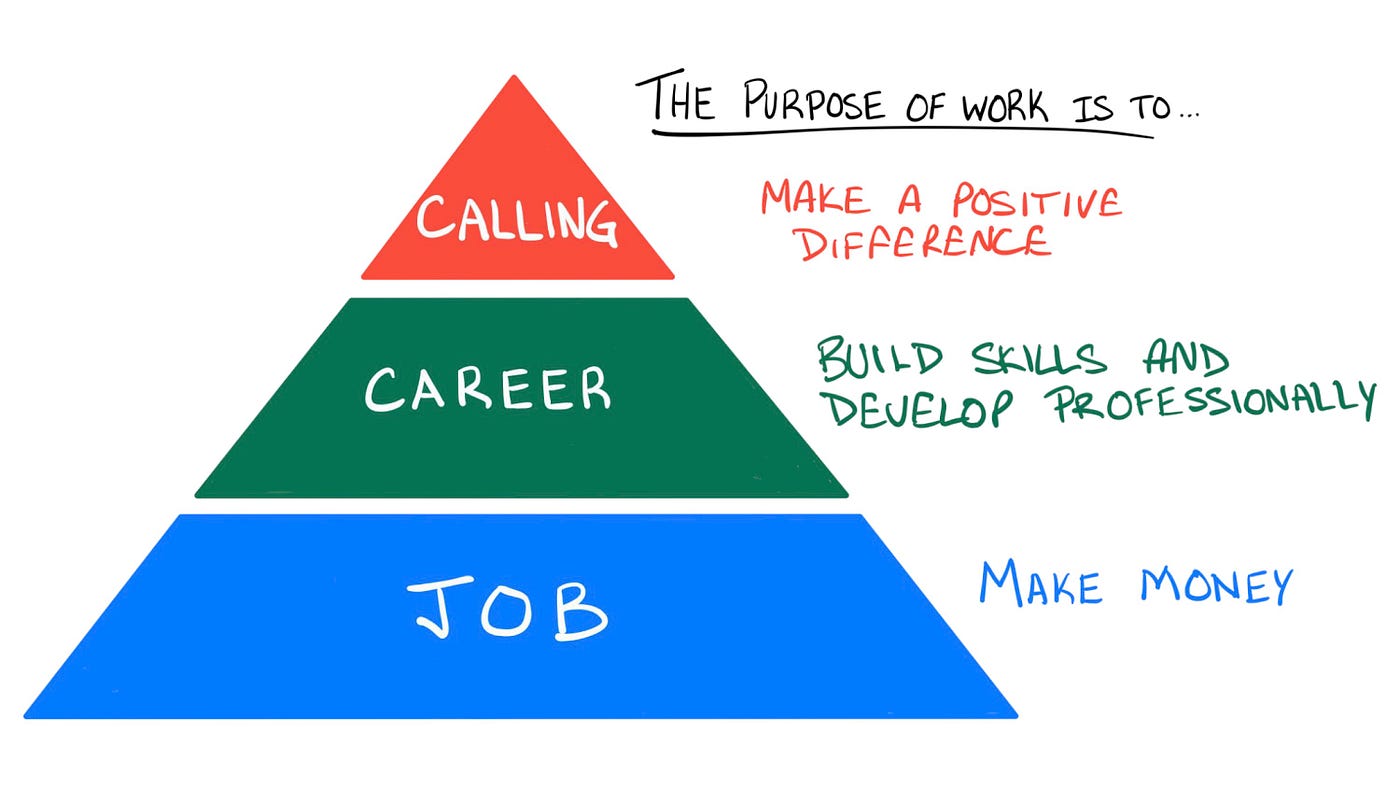A job is a fundamental aspect of many people’s lives, providing not only a means of livelihood but also a sense of purpose and structure. Here’s an exploration of what a job means:
1. Source of Income
A job is primarily a source of income. It provides the financial means to support oneself and one’s family, covering basic needs such as food, shelter, healthcare, and education, as well as allowing for savings and discretionary spending.
2. Application of Skills
A job allows individuals to apply their skills and knowledge in a practical setting. It provides an opportunity to utilize one’s training, education, and abilities to perform specific tasks and contribute to the goals of an organization or business.
3. Structure and Routine
A job brings structure and routine to daily life. Regular work hours and responsibilities create a predictable schedule, which can help in managing time and balancing personal and professional commitments.
4. Professional Development
While primarily seen as a means of earning a living, a job also offers opportunities for professional development. On-the-job experiences, training programs, and interactions with colleagues and supervisors contribute to skill enhancement and career growth.
5. Sense of Purpose and Contribution
A job provides a sense of purpose and contribution. Through their work, individuals can feel that they are making a positive impact, whether by providing services, creating products, solving problems, or supporting the functions of their organization.
6. Social Interaction
A job facilitates social interaction and networking. It brings individuals into contact with colleagues, clients, customers, and other stakeholders, fostering relationships that can be both professionally and personally rewarding.
7. Identity and Status
For many people, their job is closely tied to their identity and status. It often reflects their skills, education, and professional achievements, influencing how they see themselves and how they are perceived by others.
8. Opportunities for Advancement
A job can offer opportunities for advancement. Through hard work, dedication, and demonstrating competence, individuals can earn promotions, pay raises, and greater responsibilities, leading to career progression.
9. Work-Life Balance
A job plays a critical role in achieving work-life balance. Finding a job that aligns with one’s values and lifestyle can contribute to overall well-being and satisfaction, allowing time for family, hobbies, and personal interests.
10. Adaptability and Resilience
Holding a job often requires adaptability and resilience. The ability to handle various challenges, changes in the workplace, and evolving job roles fosters personal growth and strengthens one’s capability to manage different situations.
In summary, a job is a multifaceted entity that goes beyond merely being a source of income. It is a platform for skill application, professional development, social interaction, and personal fulfillment. A job contributes to one’s sense of identity, purpose, and overall quality of life, making it a significant part of the human experience.









